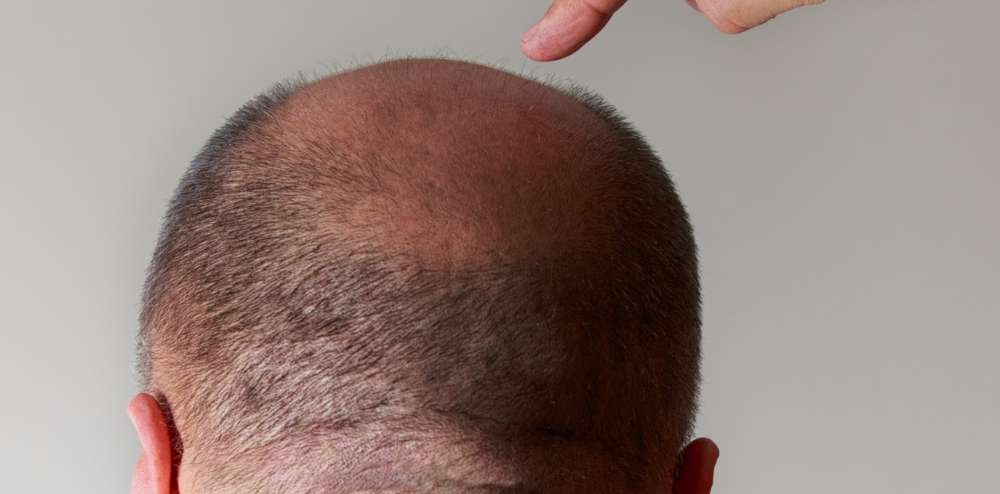One of the. many reasons of hair loss is hormonal imbalance. Androgen hormones can cause hair loss called “Androgenetic Alopecia” which is also known as male pattern baldness. Dihydrotestosterone (DHT), which is derived from testosterone can seriously affect hair loss.
Hormones play an important role in human metabolism and they are crucial in cellular interactions. Because of this, imbalanced hormone levels affect intercellular communication and can causes hair loss. Therefore, it is important to keep hormones under control.
Hair Loss Due to Hormonal Imbalance
The hormones that can cause hair loss are as follows:
*Dihydrotestosterone (DHT) Hormone:
This hormone plays role in male pattern hair loss called androgenetic alopecia. Both excess and deficiency of DHT can cause androgenic alopecia. In this type of alopecia, hair start thinning and shedding from the front of the head, and it moves towards the crown and often the hair loss if not taken under control continues to baldness. Genetic factors play an important role in androgenic alopecia and family hair loss history is important. DHT does not affect the hair in the nape area, so we usually use it as a donor area during hair transplant surgery.
*Thyroid Gland Hormones
Thyroid hormones play an essential role in the growth and maintenance of hair. When the thyroid gland cannot produce enough hormones, it can cause hair loss. Since the thyroid hormone mainly regulates the body’s metabolism, low levels of thyroid hormones can cause fatigue, skin problems, depression, and hair loss.
Hormone Effects on Hair Loss
Hormones control many body functions and regulate our body. It is important to check hormone levels in patients with hair loss, detect if there is an imbalance and treat it to prevent further hair loss and support the new hair growth process.







